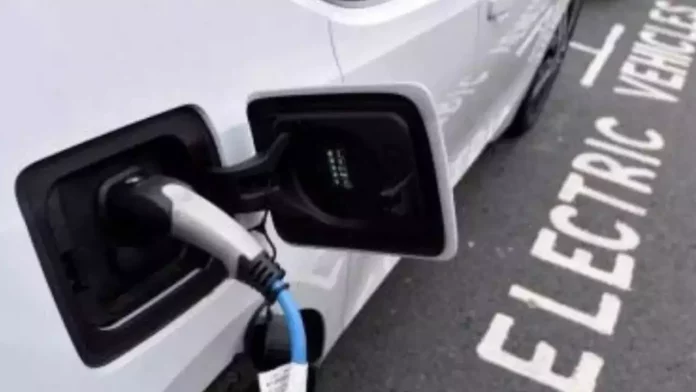As India accelerates its adoption of electric vehicles (EVs), the true test of EVs, particularly two-wheelers, will occur again with the arrival of summer next year. According to EV manufacturers and network providers, they have learned from 2022 and are ready to give a more secure and safe journey for users. Dozens of EVs caught fire, including in showrooms, in the first half of 2022, causing some injuries and prompting many investigations from the government and relevant departments.
In October, the government issued new standards for EV manufacturers, including additional safety criteria for battery cells, battery management systems (BMS), on-board chargers, battery pack design, and heat propagation due to internal cell short circuit leading to fire, among other things.
According to Gunjan Malhotra, Director, Komaki Electric Division, the adoption of EVs is expanding due to the growing need to minimise reliance on imported oil and the rapidly dwindling fossil resources, and they are prepared to deliver a secure and safe experience for riders.
“Komaki envisions safe and reliable EVs on Indian roads by offering ultra-modern EVs equipped with heat-resistant Lithium Ion Phosphate (LiPO4) batteries. Even in the worst-case scenarios, LiFePO4 batteries are safer and more secure against fire. The iron-containing cells and excellent fire resistance make LiPO4 incredibly safe and effective,” Malhotra said.
Another factor driving EV demand is their low emission level, which is expected to drive market revenue growth over the projection period. EVs emit fewer greenhouse emissions and air pollution than other gasoline or diesel-powered vehicles.
“These automobiles also contribute to a sustainable environment by not polluting the environment with smoke or hazardous emissions. Therefore, brands are engaged in fierce competition in the two-wheeler segment of India’s valuable electric-two-wheeler market,” said Malhotra.
Electric vehicle (EV) sales in the country have increased dramatically in the previous two years. EV sales climbed from 48,179 in 2020-21 to 2,37,811 in 2021-22 and 4,42,901 in 2022-23.
In a written reply to the Lok Sabha last week, Minister of Heavy Industries Mahendra Nath Pandey stated that the ministry has implemented a scheme titled ‘Faster Adoption and Manufacturing of Electric Vehicles in India Phase II’ (FAME India Phase II) to promote the adoption of electric/hybrid vehicles in the country.

Phase-II of the FAME India initiative is currently being implemented for a five-year term beginning April 1, 2019, with a total budgetary support of Rs 10,000 crore. According to Akshit Bansal, Founder and CEO of EV charging network operator Statiq, the year 2022 will be monumental in terms of ramping up infrastructure for EV charging stations in the country.
“Indeed, from a mere 1,000 publicly available chargers at the beginning of the year, they were estimated to have shot up to nearly 1,800 by the middle of the year, a figure which has further jumped to about 2,500 as we come to close of the year, underlining a steady growth path,” Bansal said.
The approaching year holds immense promise for EV charging stations in the country, in a market that now has over 13 lakh EVs, including 2Ws, 3Ws, and 4Ws, and continues to grow.
“With the government’s broader commitment to clean mobility and the concomitant reduction of GST on EVs as well as chargers/charging stations, private investment into this segment would also play a larger role now. At the same time, real estate developers would also seek to collaborate with EV charging station players for both residential and commercial properties,” Bansal added.
Private equity (PE) investment in India’s EV business could exceed a billion dollars this year, according to industry analysts. According to Ketan Mehta, Founder and CEO of Jaipur-based HOP Electric, an electric two-wheeler manufacturer, investing in EV mobility is becoming the go-to decision in India, especially because people are making conscious eco-friendly and sustainable choices.
“The government’s ambitious Rs 26,058 crore production-linked incentive (PLI) scheme for auto under the new Non-Automotive Investor (OEM) category has come as a welcome initiative to bolster the country’s manufacturing capacities,” he said.
Under this mandate, HOP Electric will invest more than Rs 2,000 crore in India in the next five years to boost the company’s chances of becoming a global energy mobility pioneer,” he added. The most crucial issue in the trip, according to Sameer Aggarwal, Founder and CEO of EV fintech platform Revfin, has been the lack of financing choices for commercial drivers.
Also Read:


